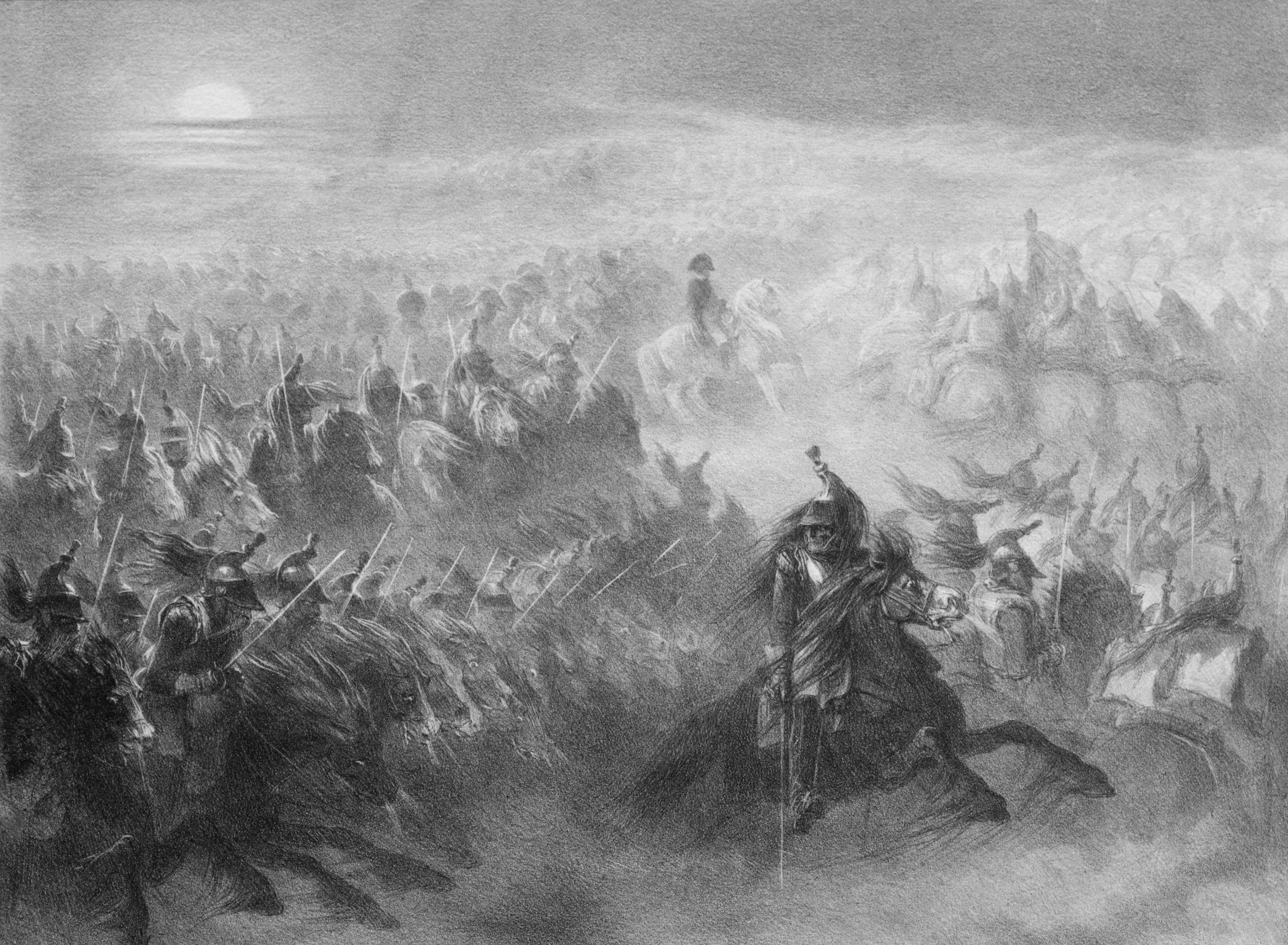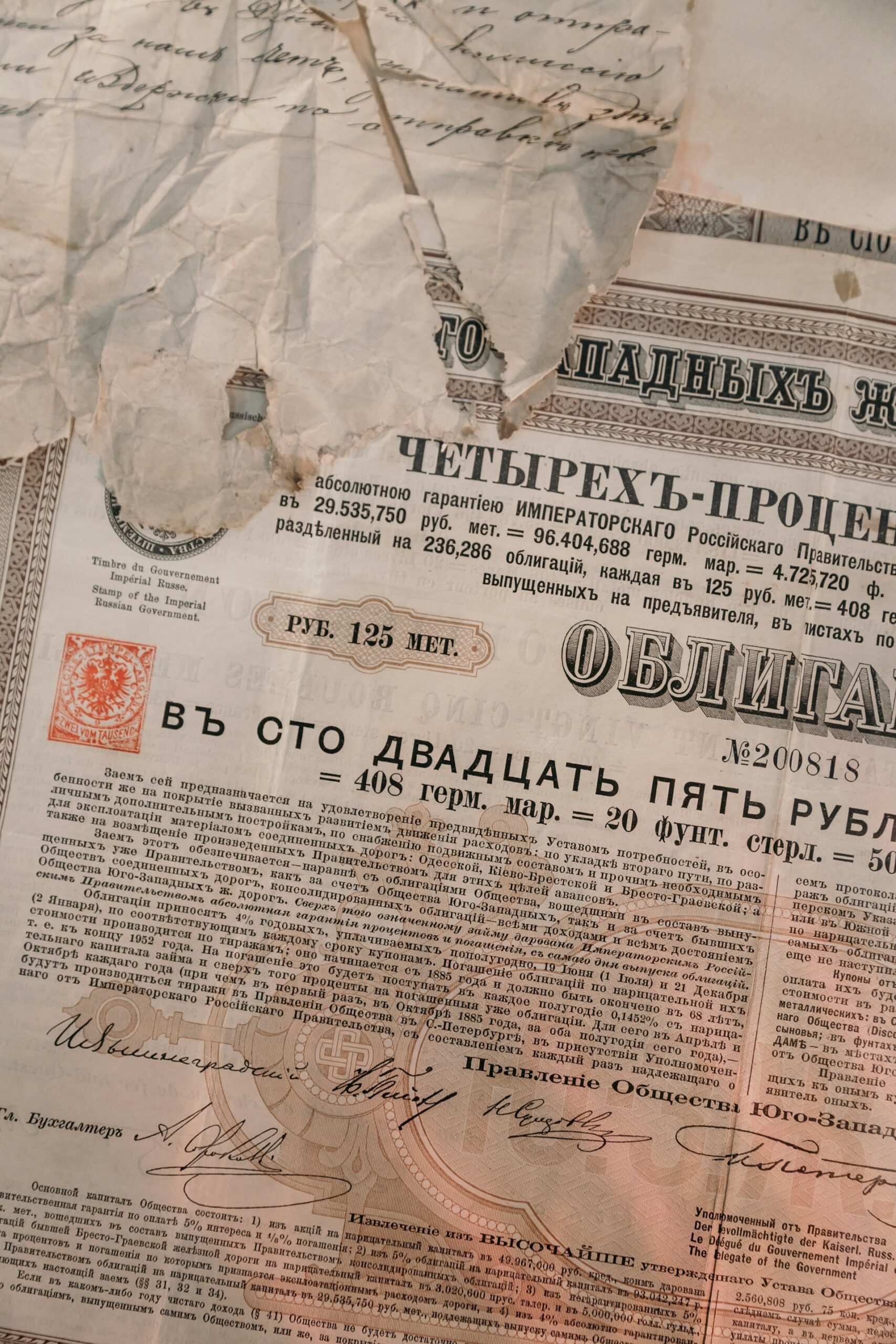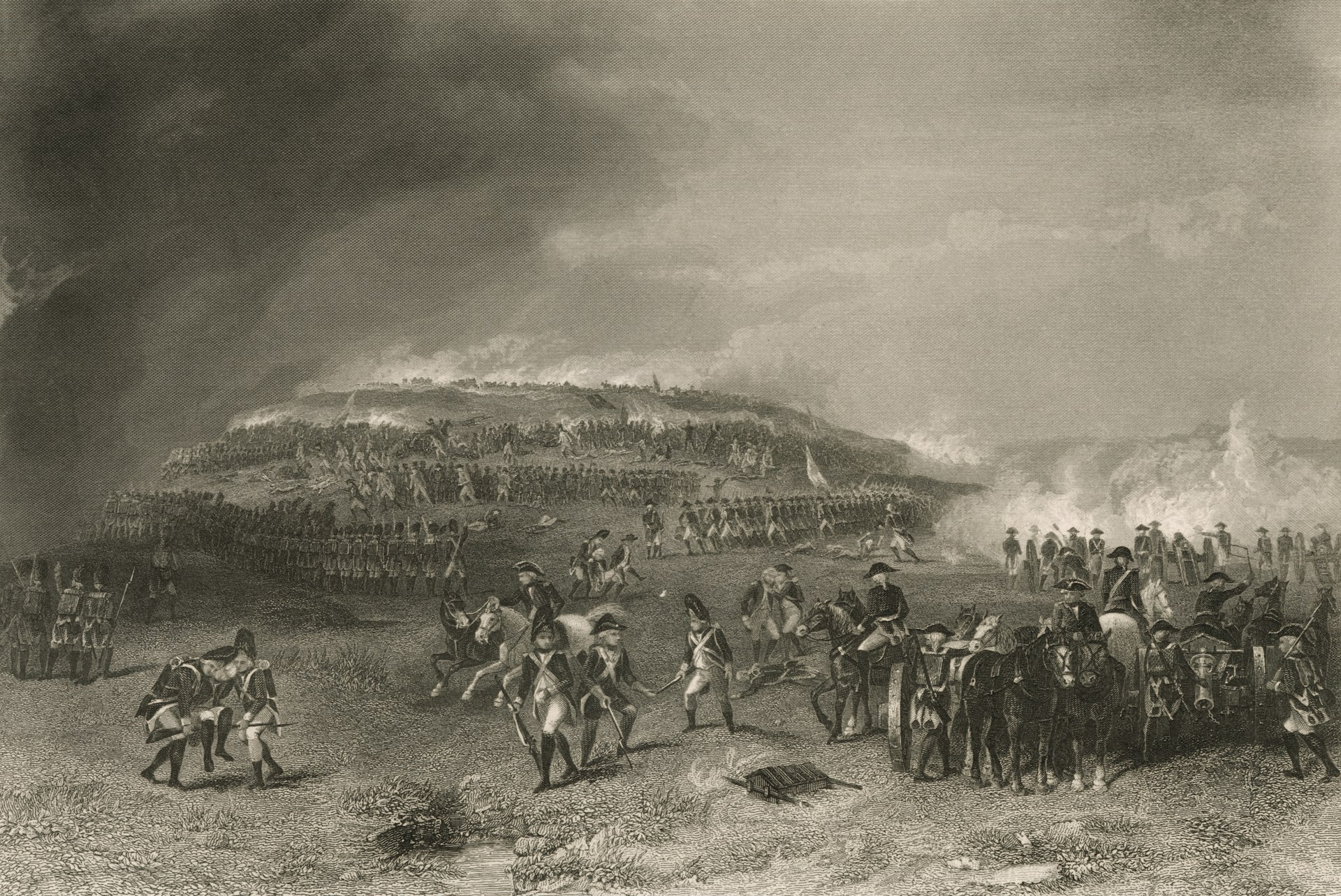Unlocking the Past: How Famous Historical Documents Shaped Our World

Photo by Marjan Blan on Unsplash
Introduction
Throughout history, certain documents have profoundly influenced the course of nations, shaped legal systems, and inspired social change. Exploring the history of famous historical documents not only reveals the evolution of ideas about freedom and governance but also provides actionable ways to engage with these primary sources for deeper understanding. This guide will cover key documents, their significance, how to access them, and practical steps for research and civic participation.
1. The Foundation of Freedom: Landmark Documents and Their Impact
Many of the world’s most influential documents emerged from pivotal moments of societal change. For example, the Magna Carta (1215) established the principle that everyone, including the king, is subject to the law. The Mayflower Compact (1620) laid the groundwork for self-governance in the American colonies. Landmark American documents such as the Declaration of Independence (1776), the U.S. Constitution (1787), and the Bill of Rights (1791) continue to define government structure and protect individual liberties [1] .
Each of these documents addressed urgent needs of their time: limiting absolute authority, establishing fair representation, and securing basic rights. Their legacy endures in modern legal systems and democratic practices worldwide.
2. Exploring Primary Sources: Why They Matter
Primary source documents provide direct insight into the intentions, debates, and values of their creators. Analyzing original texts allows researchers, students, and engaged citizens to interpret events from the perspective of those who shaped them. For instance, studying the grievances listed in the Declaration of Independence reveals the colonists’ concerns over representation and taxation, while the Constitution’s amendments demonstrate the evolving priorities of American society [2] .

Photo by Marjan Blan on Unsplash
Accessing these sources is vital for accurate research, legal analysis, and informed civic participation. Official archives and government resources offer extensive collections of digitized documents for public study.
3. How to Access Famous Historical Documents
Many historic documents are available through reputable, government-backed websites and archives. For U.S. history, resources such as the National Archives , Library of Congress , and USAGov provide authenticated versions and supporting educational materials:
- To access American founding documents, visit the USAGov historical documents portal [1] .
- For a curated selection of milestone documents, the National Archives Milestone Documents page offers direct access to pivotal texts [2] .
- The Library of Congress Primary Source Timeline provides a chronological exploration of key documents and events [3] .
If you are searching for documents from other countries or eras, you should consult the official national archives or academic institutions specific to those regions. When official links are unavailable, use qualifying search terms such as “primary source archive” or “national constitution” on government or university websites for best results.
4. Step-by-Step Guide to Researching Historical Documents
Understanding and researching famous historical documents can be achieved through a systematic approach:
- Identify the Document: Start by determining the type and era of the document you wish to study. For foundational U.S. texts, the National Archives and Library of Congress are authoritative sources.
- Locate the Source: Use official portals such as the National Archives or Library of Congress for authenticated texts. Always avoid unofficial or commercial sites to ensure accuracy.
- Analyze the Content: Read the document in full, noting historical context, key phrases, and the intentions behind its creation. Supplement your reading with reputable academic commentary where available.
- Compare Interpretations: Review how historians and legal scholars have interpreted the document over time. Many archives offer educational resources and scholarly articles alongside primary texts.
- Apply Findings: Use your understanding to inform civic actions, policy debates, or further research. Many historic documents are referenced in legal cases, political discourse, and educational curricula.
Potential challenges include deciphering archaic language, limited context, and differentiating between original and translated versions. To overcome these, consult annotated editions and official educational materials provided by archives or universities.
5. Real-World Examples: The Journey of Key Documents
The process of creating, preserving, and interpreting famous documents is illustrated by several milestones:
- The Declaration of Independence: Drafted by Thomas Jefferson in 1776, the document was signed by representatives of the thirteen colonies and justified separation from Britain. It remains a touchstone for human rights and self-determination [1] .
- The U.S. Constitution: Ratified in 1787, the Constitution set the framework for American government and has been amended 27 times to reflect changing societal needs [2] .
- The Bill of Rights: Consisting of the first ten Amendments, it guarantees essential freedoms such as speech, religion, and due process. Studying this document provides insight into the evolution of civil liberties [1] .
Internationally, the Magna Carta and the Universal Declaration of Human Rights have inspired legal reforms and rights movements across the globe. Each document’s journey-from creation to preservation and public access-demonstrates the enduring importance of safeguarding original texts and interpreting them for new generations.
6. Alternative Approaches for Access and Engagement
If direct access to official resources is limited, consider these alternative strategies:
- Educational Institutions: Many universities maintain digitized archives of primary sources. Contact history departments or visit campus libraries for guidance.
- Historical Societies: Regional and national historical societies often curate unique collections of documents and provide expert support for research projects.
- Public Libraries: Local libraries frequently offer workshops, reading rooms, and digital collections focused on historical research.
- Government Agencies: For information about civic engagement or legal rights, reach out to official agencies by phone or through their online contact forms. Use search terms such as “historical document archives” or “government records request” for best results.
When using these approaches, always verify the authority of the source and seek annotated versions or expert guidance for interpretation.
7. Key Takeaways and Next Steps
Famous historical documents are more than relics-they are living foundations for law, governance, and social progress. By understanding their history and knowing how to access these sources, you can deepen your knowledge, participate meaningfully in civic life, and support informed decision-making. To begin, explore resources at the National Archives, Library of Congress, and USAGov, and consult educational institutions or historical societies for specialized guidance.
If you have questions about accessing specific documents or need research support, you can contact the relevant government agency or educational institution directly. For U.S. government documents, use the contact options available at USAGov.
References
MORE FROM oncecoupon.com













